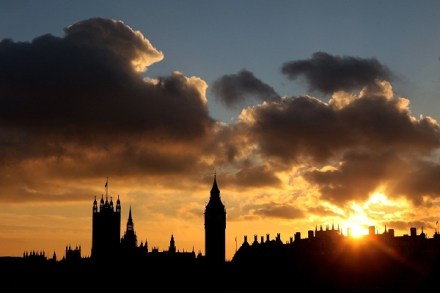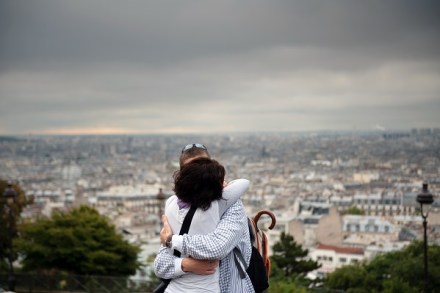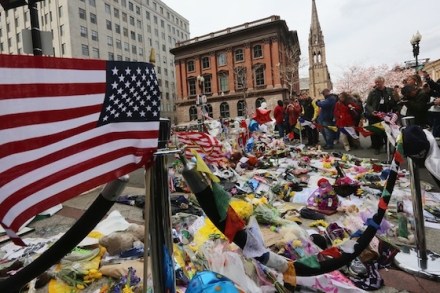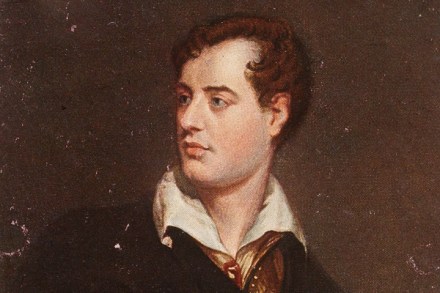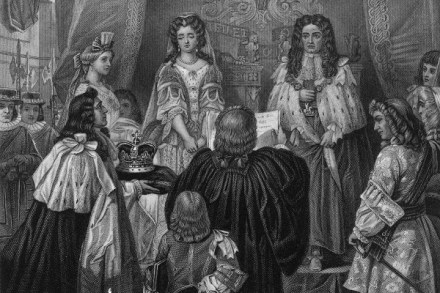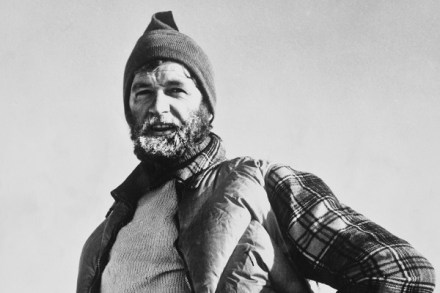A Sting in the Tale, by Dave Goulson – review
More from BooksWe need more conservationists like Dave Goulson. Cack-handed animal killers, that is. As a child in the 1970s Goulson tried to dry out some ‘bedraggled’ bumblebees which had got caught in a thunderstorm. He put them on the hotplate of the electric cooker and set it to low. Then he went off to feed his






